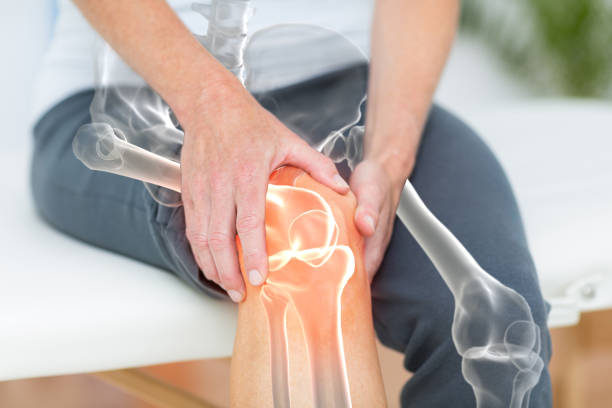Introduction:
The musculoskeletal system is a marvel of engineering, providing structure, stability, and mobility to the human body. However, injuries, degenerative conditions, and diseases can disrupt its harmony, leading to pain, dysfunction, and reduced quality of life. In such instances, orthopedic surgeons step in as the guardians of musculoskeletal health, offering expertise in diagnosing, treating, and managing a myriad of conditions. Let's embark on a journey through the diverse landscape of conditions treated by orthopedic surgeons.
Fractures and Traumatic Injuries:
One of the most common reasons individuals seek orthopedic care is for fractures and traumatic injuries. Whether it's a broken bone from a fall, a sports-related injury, or a car accident, orthopedic surgeons excel in realigning fractured bones, stabilizing them with casts or hardware, and guiding patients through the recovery process to restore optimal function.
Arthritis and Joint Degeneration:
Arthritis, characterized by inflammation and degeneration of joints, affects millions worldwide, causing pain, stiffness, and reduced mobility. Orthopedic surgeons specialize in managing various forms of arthritis, including osteoarthritis, rheumatoid arthritis, and post-traumatic arthritis. Treatment options range from conservative measures such as medications and physical therapy to joint-preserving procedures and joint replacement surgery when conservative methods fail to provide relief.
Sports Injuries:
Athletes of all levels are susceptible to a range of orthopedic injuries, from sprains and strains to ligament tears and stress fractures. Orthopedic surgeons with expertise in sports medicine are well-versed in diagnosing and treating these injuries, employing both surgical and non-surgical techniques to help athletes return to their peak performance safely and swiftly.
Spinal Disorders:
The spine serves as the backbone of the body, providing support and protection for the spinal cord while allowing for flexibility and movement. Orthopedic surgeons specializing in spine surgery address a multitude of spinal disorders, including herniated discs, spinal stenosis, degenerative disc disease, scoliosis, and spinal fractures. Surgical interventions such as decompression, fusion, and disc replacement aim to alleviate pain, stabilize the spine, and preserve or restore neurological function.
Soft Tissue Injuries:
Injuries to soft tissues such as ligaments, tendons, and muscles are common occurrences, whether due to overuse, trauma, or repetitive stress. Orthopedic surgeons employ various treatment modalities, including physical therapy, bracing, corticosteroid injections, and surgical repair, to address soft tissue injuries such as rotator cuff tears, ACL tears, tendonitis, and muscle strains effectively.
Congenital Deformities and Pediatric Conditions:
Orthopedic surgeons play a crucial role in diagnosing and managing congenital deformities and pediatric orthopedic conditions that affect children's musculoskeletal health. These may include developmental dysplasia of the hip, clubfoot, limb length discrepancies, scoliosis, and growth plate injuries. Early intervention and specialized treatment strategies help optimize outcomes and ensure proper growth and development.
Conclusion:
Orthopedic surgeons are at the forefront of musculoskeletal care, offering expertise in diagnosing, treating, and managing a vast array of conditions that affect bones, joints, muscles, ligaments, and tendons. Whether it's repairing fractures, replacing joints, or correcting spinal deformities, these dedicated professionals strive to alleviate pain, restore function, and improve the quality of life for their patients. With their blend of skill, innovation, and compassion, orthopedic surgeons continue to make significant strides in advancing musculoskeletal health and well-being.






Comments